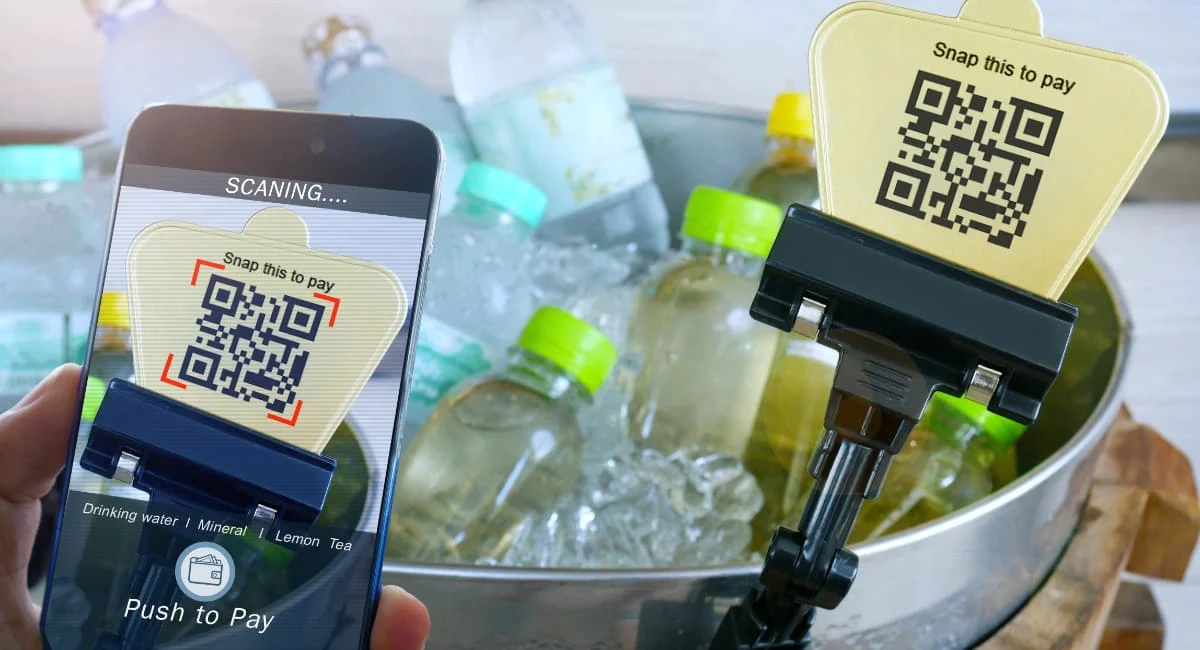Introduction:
In recent years, Quick Response (QR) codes have become an integral part of our daily lives, revolutionizing the way we interact with information and businesses. Originally developed in the automotive industry for tracking parts, QR codes have found widespread use in various sectors, including e-commerce. This two-dimensional barcode has significantly impacted the landscape of online shopping, offering convenience, efficiency, and enhanced customer experiences.
- Seamless Shopping Experience:
QR codes have streamlined the online shopping experience by providing a quick and seamless way for consumers to access product information. E-commerce platforms leverage QR codes on product packaging, advertisements, and promotional materials. By scanning these codes with their smartphones, customers can instantly access detailed product descriptions, customer reviews, and even video demonstrations. This instant access to information empowers consumers and facilitates more informed purchasing decisions.
- Contactless Payments:
With the global emphasis on hygiene and social distancing, contactless payments have become increasingly popular. QR codes play a pivotal role in facilitating secure and convenient transactions in the e-commerce space. Payment gateways and mobile wallet applications often use QR codes for processing payments. Customers can simply scan a QR code at checkout, eliminating the need for physical cash or credit cards. This not only enhances the speed of transactions but also reduces the risk of germ transmission.
- Marketing and Promotions:
QR codes serve as a powerful tool for e-commerce businesses to execute marketing strategies effectively. Companies incorporate QR codes into their promotional materials, such as posters, flyers, and online advertisements. These codes can lead customers to exclusive discounts, promotional events, or limited-time offers. By integrating QR codes into their marketing campaigns, e-commerce businesses can engage customers more interactively and track the success of their promotions.
- Enhanced Inventory Management:
E-commerce businesses grapple with the complexities of inventory management, and QR codes offer an efficient solution. By affixing QR codes to products, businesses can easily track inventory levels, monitor product movements, and update stock information in real-time. This not only minimizes the risk of errors but also streamlines the order fulfillment process, ensuring that customers receive accurate and timely deliveries.
- Loyalty Programs:
QR codes are increasingly being utilized to enhance customer loyalty programs in the e-commerce sector. Businesses can create personalized QR codes for individual customers, linking them to loyalty points, rewards, or exclusive discounts. Customers can scan these codes during checkout to avail themselves of benefits, fostering a sense of loyalty and satisfaction.
Conclusion:
The influence of QR codes on e-commerce is undeniably transformative. These two-dimensional barcodes have evolved from being mere marketing gimmicks to becoming essential tools for enhancing customer experiences, facilitating secure transactions, and optimizing business operations. As the e-commerce landscape continues to evolve, QR codes are likely to play an increasingly integral role, providing innovative solutions and further bridging the gap between online retailers and tech-savvy consumers. Embracing this technology is not just a trend but a strategic imperative for e-commerce businesses looking to thrive in an ever-evolving digital marketplace.

